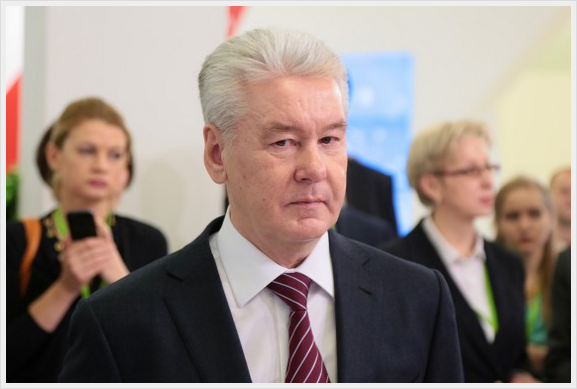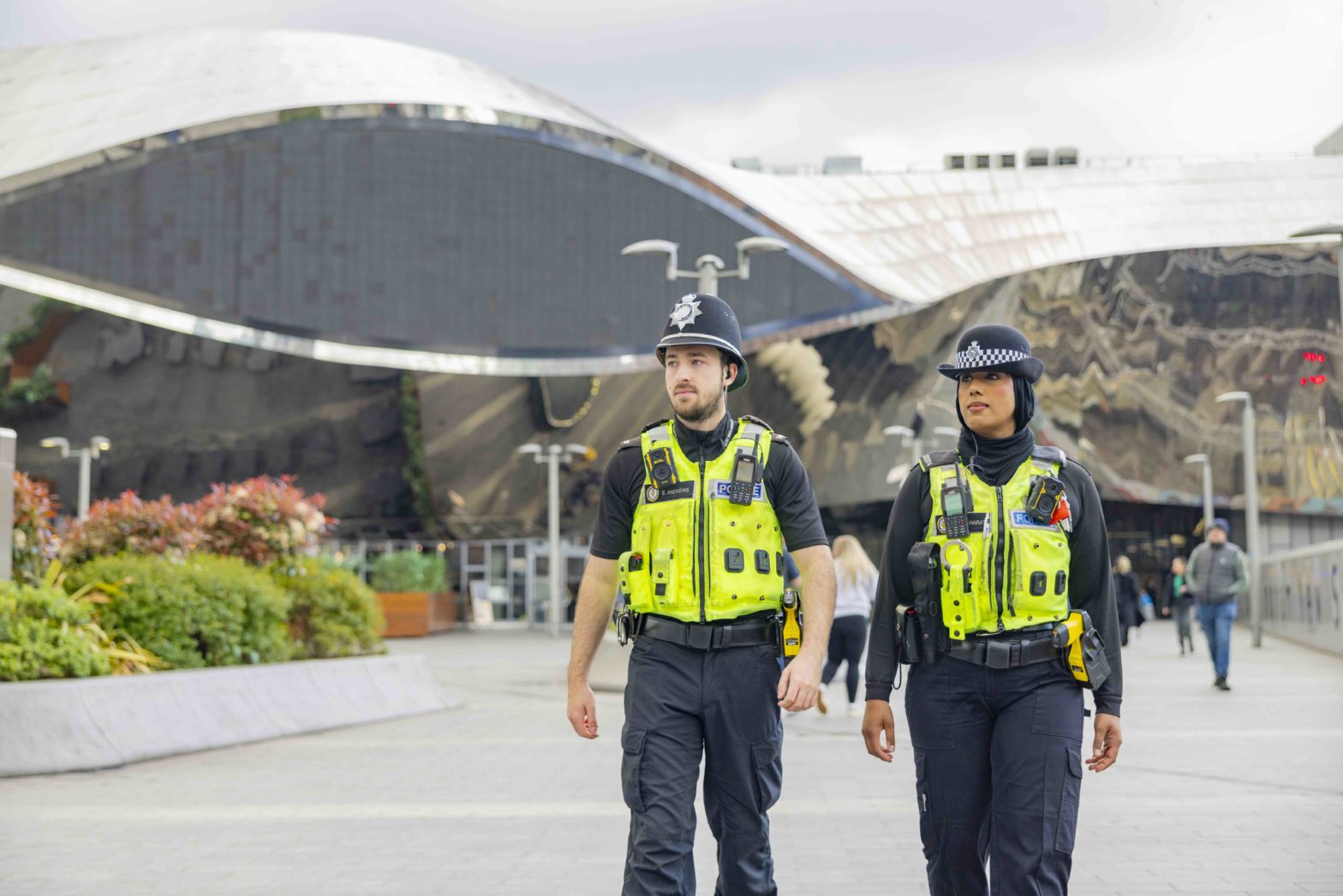
Photo: Sergei-Sobyanin-Mayor-of-Moscow
Moscow city government defiant in face of poor economic outlook
12 December 2014
by Richard Forster
Despite worsening economic news for Russia, the capital’s mayor, Sergei Sobyanin, is adamant that Moscow’s infrastructure investments will not be impeded.
Speaking during the 4th Moscow Urban Forum, the mayor was stoic that his city can implement investments despite a dramatically depreciating rouble, international sanctions and falling oil prices.
“Infrastructure investment is a recipe against all aspects of the crisis,” he said during the second day’s plenary session. “I believe that Moscow should not close its programmes, but rather to move from quantity to quality.”
Sobyanin then outlined plans to the over 4,000 attendees to remove Moscow’s label as an expensive city to do business. Eight million square metres of real estate will be opened this year for offices and shops coinciding with already established industrial parks and high-tech industries where 80 companies now employ 5,000 employees.
In a step to open more land and improve access along and around the city, the winner of an international competition to regenerate Moscow’s river was announced.
The Russian architecture studio, Project Meganom–one of 216 companies from 15 countries that entered the competition–was chosen by a special jury to develop the river with an emphasis on mobility. Reconnecting the city to its river by improving local metro, bus, tram and water networks was a winning aspect for Meganom.
“It’s not a project to be developed in five years,” said Alfonso Vergara, member of the jury from Fundacion Metropoli. “The scale of the project is fascinating. Moscow’s economic future is tied to the river and this project links all aspects.”
The Meganom proposal will increase public spaces along the embankments of the river that will cater to cultural activities, creativity, recreation, and promote walking and cycling as transport modes.
In a further boost to Moscow’s international positioning, the city was rated a close second behind Beijing in global advisory firm PwC’s, Cities of Opportunity index. Released as a special update during the forum, it focuses on seven key emerging cities, of which Moscow came out as a leader in technology, liveability and sustainability. It did, however, lag behind in health, safety and security and cost.
“Moscow has done relatively well,” Hazem Galal, Partner and Global Leader for PwC’s Cities and Local Government Sector, told Cities Today. “We see cities that should have improved but didn’t, like São Paulo. They had all the tools in terms of hosting a mega event–the [FIFA] World Cup– and were bidding for the expo. So, we see mixed stories.”
With over 200 city indexes now being produced, many cities’ rankings can vary widely. Galal says that what sets the PwC index apart is the comparison tool available online and that it takes a holistic approach, rather than a focus on one issue.
“People should not get fixated on the numbers,” he added. “It’s what behind the numbers, ‘How do you get to become a leader in one area and how did you become to be a laggard in another? This is much more important for self reflection and looking at the policies.”
The Moscow Urban Forum and Urban Festival has been held annually since 2011 under the auspices of the Moscow government, in partnership with the Urban Land Institute.







